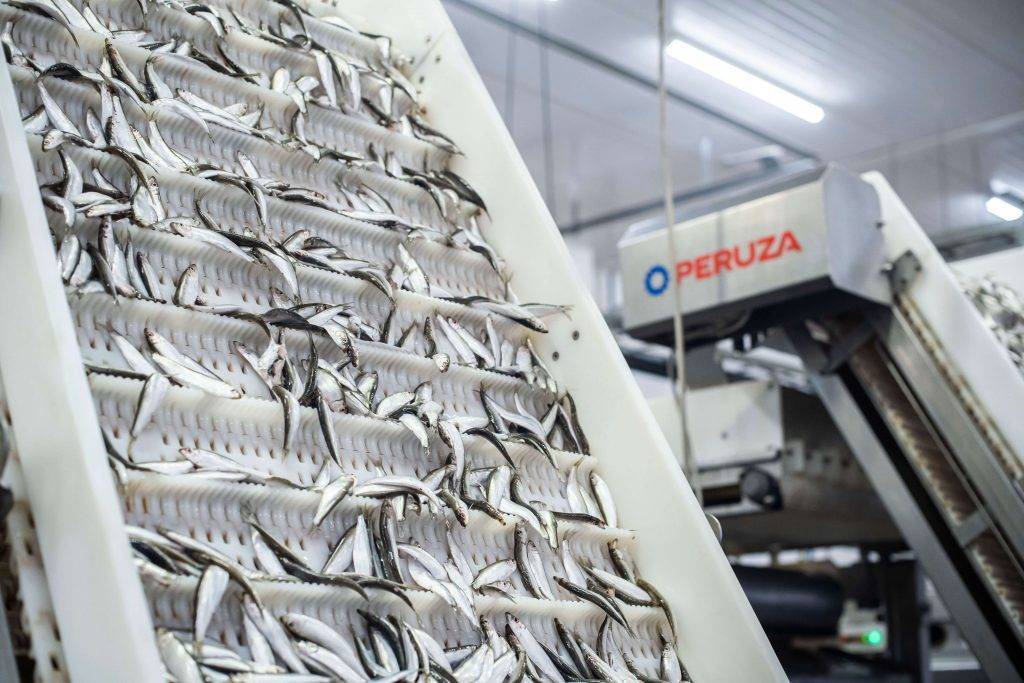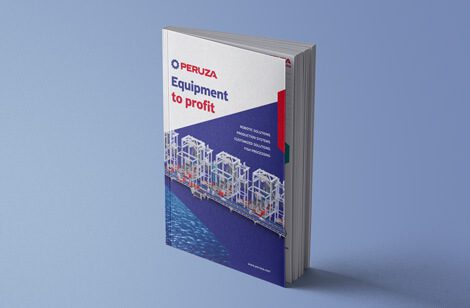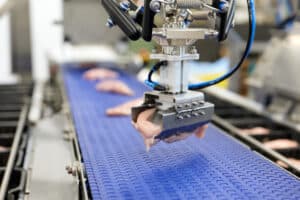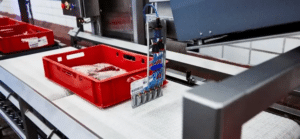If you have ever bought a drink or a food item in a store, there is a very high chance that throughout its trip to you it has gone through multiple steps of sanitation. All of those steps invisible to the end customer are to ensure that the food is safe to consume – from avoiding the possibility of cross-contamination and allergen presence to general cleanliness standards for the packaging the food comes in as well.
And, as customers around the globe become increasingly aware of the need for sanitation in their daily lives, the food and drinks processing industry has to step up its’ game to keep up.
That’s why it is now more crucial than ever to make sure your food processing plant follows all guidelines issued by the appropriate governing bodies, and always looks for ways to improve and exceed the standards set by customers.
Three best ways to ensure high-level sanitation in your company
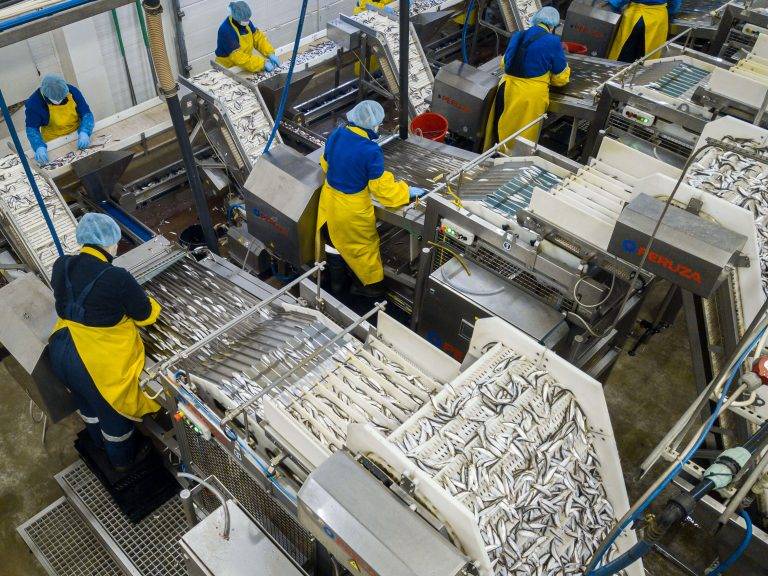
Source: PERUZA
There are many ways how a food processing company can ensure proper sanitation within the organization. But not all of them are equally easy to introduce and maintain within the business financially and in a timely manner.
That’s why it’s crucial to choose the best methods for your company while staying within, or preferably above, the standards set up within the industry, country, state, etc. In the end, the stakes are very high – from the satisfaction of your customers to the overall health of the public.
Take a look at three ways we believe sanitation can be enforced within any food processing company to ensure compliance and growth of a business as well as customer satisfaction!
Prioritize hygiene and food safety training for all employees
It is no secret that when humans are involved in any process, the probability of making a crucial error within the usual procedures gets higher with each hour, month, and year the employee works on the same task.
That’s why it is so important for your business to start training your employees that are in one way or another involved with the food processing early on – during onboarding. We’re talking not only about doing the bare minimum and providing mandatory training required by governing bodies but suggesting a more proactive approach.
This could also mean providing more regular food safety and personal hygiene training refreshers to your employees than what’s mandatory in your country. It really does come down to what your company is willing to do to ensure that workers do not forget what they’ve been taught in their onboarding training 3 years ago, but constantly have this information reminded, refreshed, reintroduced, and practiced in their work-life so that the possibility of them making an error would fall to a minimum.
It is no less important for you to supply all the necessary equipment to implement and maintain the procedures taught in the training, including providing a master cleaning schedule and proper tools to enforce that.
Take some time to revisit how often you provide training, what processes are in place that ensures the daily practice of the planned actions, and how you can improve the training schedule to rule out errors in the long run.
Automate processes and introduce new procedures
Now, let’s assume all your employees have been trained and retrained well on what to do to ensure proper sanitation within your company and given the proper tools.
But there are still procedures within food processing that can be straight-up hazardous to humans, and thus should be approached differently. We’re talking about enforcing proper processes for, say, high-temperature disinfecting and washing of food packaging.
This is the time when technologies have advanced enough to provide a safer work environment for the employees while constantly providing better results in regard to food safety.
Source: PERUZA Youtube
Global food processing leaders have already introduced automated solutions, such as Box Washing Machine or Jar Washing Machine by PERUZA. These machines are the future of the highest level of sanitation in food processing, as they can lower the risks of employee trauma and guarantee a consistent result in reducing food processing plant cross-contamination and other food safety issues.
What is exceptionally great about using automated machines like these are the speed and the quality of the processing of each box or jar, and the lower need for multiple operators – a great benefit for businesses in these times when employees are harder and harder to find, and turnover is higher than ever.
Align your business model with sanitary norms
You might have already gotten a hint of it in the first advice about training your employees, but we cannot stress it enough – when you prioritize sanitation and food safety, profits will follow.
If you miss the opportunity to primarily create a safe environment for your employees and the products, you will miss out on capitalizing where most companies don’t.
Sanitation is critical to the success of your business – then why ignore the power of training, automation, and processes that would ensure it stays one of your top priorities?
More often than not companies overlook this and only do the “bare minimum”, as is required by law, and then leave the rest up to luck (and employee will).
With high turnover rates, the growing need for workers to multitask, and the rising overall stress levels of staff around the globe, this is the perfect time to go back to the foundations of your business and rethink how sanitation fits in within your day-to-day operations and bigger business model.
Take the time to talk to the stakeholders of your business and find a way to enforce stronger, better, and more sanitation-oriented processes, and watch your business thrive!
Final thoughts
When it comes to food safety, no measure can be “too much”. Your company just has to figure out how to align its’ business model by re-introducing sanitation as a top priority – no matter if you use any of the three ways described in this blog post, or by any other means.
What matters is making an effort to realize how crucial sanitation is to your business as well as to the consumers around the globe, and taking action on improving it as much as you can.
If you want to find out more about how PERUZA can help you improve sanitation in your business, feel free to email us at info@peruza.com, and we’ll gladly discuss the possibilities of working together to improve your business!

